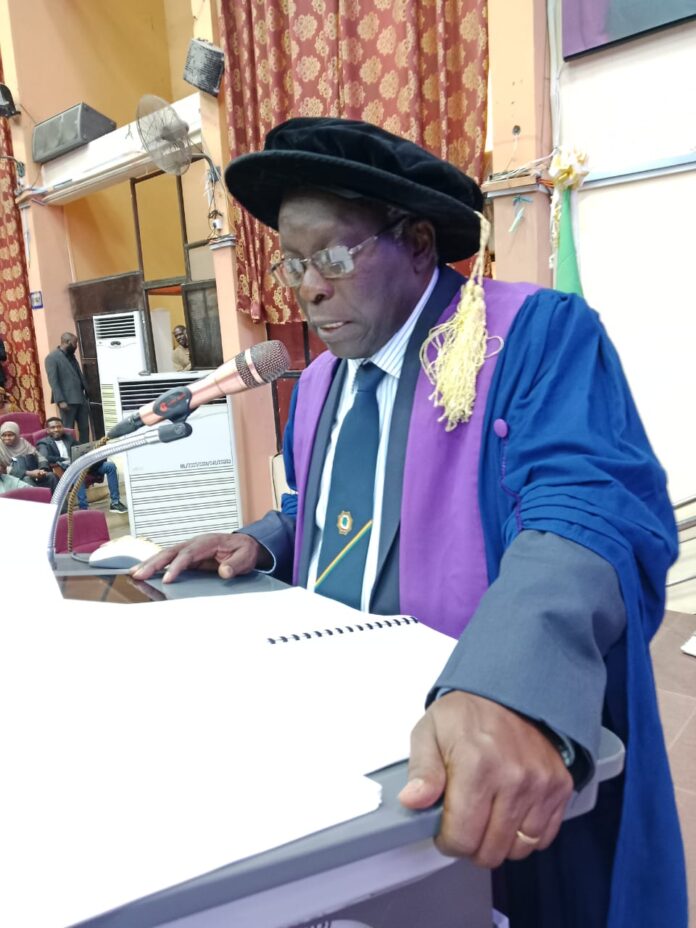* Urges more research, funding to tackle the ailments
By Olufemi Oni, Ilorin
A Professor of Medicine at the University of Ilorin, Ayodele Babatunde Omotoso, has lamented that non-communicable diseases (NCDs), including cardiovascular diseases, cancer, diabetes and chronic lung diseases, have continued to be a significant health challenge in Nigeria, contributing to a substantial burden of morbidity and mortality.
Prof. Omotoso, who stated this while delivering the University’s 272nd Inaugural Lecture, noted that addressing the growing burden of NCDs in Nigeria would require a multifaceted approach, adding that NCDs aggravate poverty by increasing household costs associated with health care.
He added: “Treatment of NCDs is often lengthy and expensive, thereby stunting the economic growth of a nation. The vulnerable and the socially disadvantaged people are the most affected with higher morbidity and mortality than those with higher social status.”
The Inaugural Lecturer, who opined that the fight against NCDs is far from over, called for more steadfastness in the efforts to combat these diseases through research, education, and community engagement, urging all and sundry to continue to support initiatives aimed to promote heart health and address the burden of NCDs.
The Professor of Heart stressed the need for the government at all levels to allocate sufficient funding and resources to support programmes on prevention and control of NCDs in the country, including research, healthcare infrastructure, and community initiatives, while also urging the extension of the National Health Insurance to cover treatments for people with NCDs.
He said: “Government should fund, equip and support at least one tertiary health facility that can take care of complicated NCDs, encourage private companies to invest in health promotion activities and create workplace wellness programmes that address NCDs risk factors.
“Government should partner with Non-Governmental Organisations (NGOs) to implement community-based interventions and support groups for individuals affected by NCDs. They should also collaborate with international organisations to share knowledge, resources and best practices for NCDs prevention and control.”
He further called on government, as well as other stakeholders, to leverage technology and innovation to develop new tools and platforms for monitoring, managing, and preventing NCDs, adding that government should also faithfully implement their new policies on various aspects of NCDs that promote healthy lifestyles, such as regulations on tobacco and alcohol use and initiatives to encourage physical activity and healthy eating.
The Inaugural Lecturer, who called for improved access to healthcare services, particularly in underserved areas, so as to ensure early detection and treatment of NCDs, stressed the need for nationwide campaigns to raise awareness about the risk factors and prevention strategies for NCDs.
Urging the University of Ilorin to institutionalise compulsory medical check-up for all staff for early detection and treatment of persons with NCDs, Prof. Omotoso also stressed the need to develop programmes that would engage the local community in health education and promotion, focusing on the prevention and management of NCDs.

